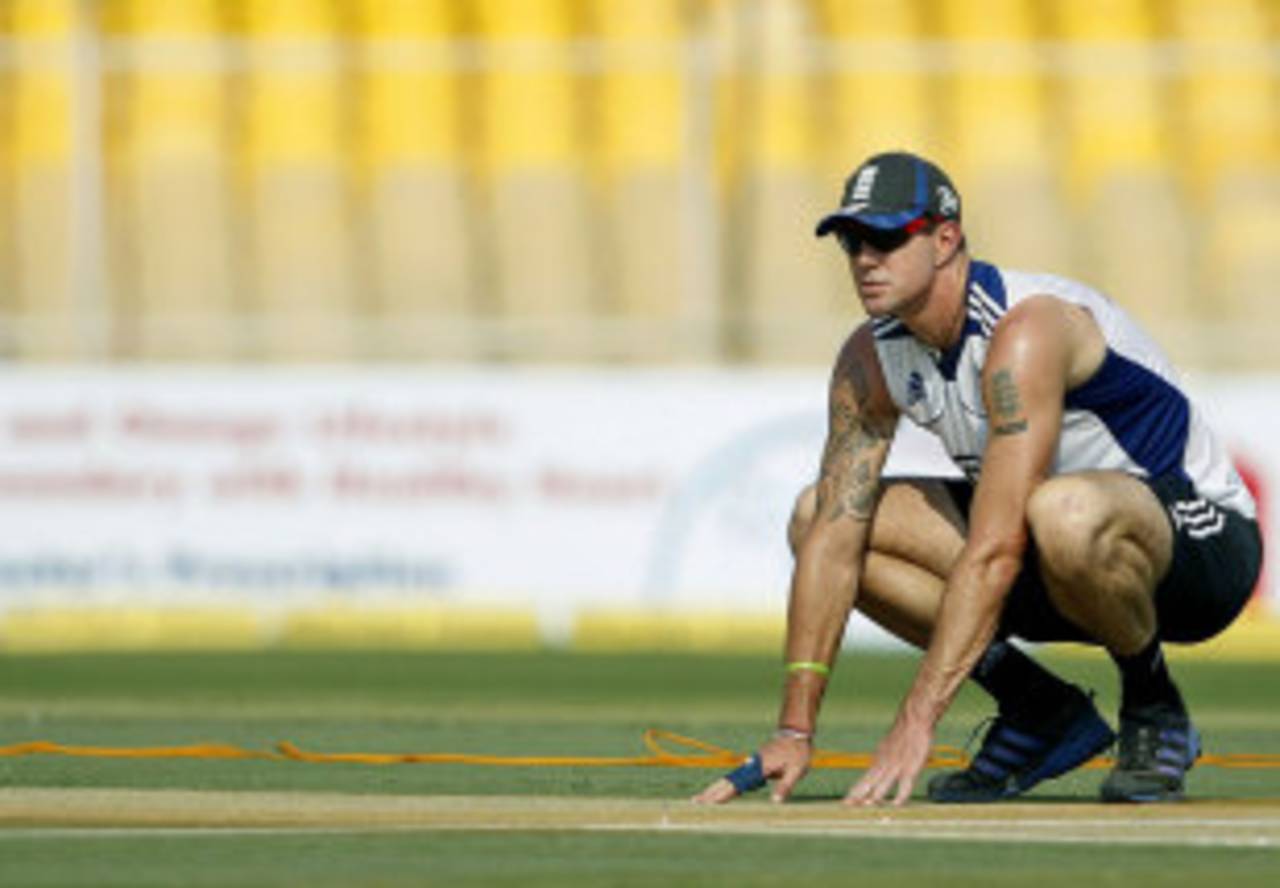During England's recent
series in India, nothing occupied column inches or filled air time quite like the
state of the pitches. Whether it was the non-spinning practice tracks, the slow Ahmedabad surface, or the pace and bounce on show at later venues, the pitches were never far from the news. Even MS Dhoni was compelled to comment. The subtext, rarely explicitly stated but regularly implied, concerned fairness. Was it in the spirit of cricket, really, to prepare such 'biased' tracks?
Leaving aside the fact that bias is of course subjective, it should be noted that this is not a question posed only to India. Conditions around the world vary, and pitches are prepared to suit the home team on a regular basis. Can English fans look at the green, seaming tracks of Trent Bridge or Headingley and claim the pitch conditions are inconsequential? Can Australians in Brisbane, or West Indians at Sabina Park? Such 'home bias' is not rare in international cricket, and it often comes in for a slating. It is derided as insular, as short-sighted, as regressive. The game is seen as fragmenting, as the skill sets required to succeed in each scenario drift further and further apart.
This fragmentation is accused of obscuring the true ability of each team - if each of the top teams wins at home, who can be said to be best? There is some truth to this accusation: India's recent loss was their first at home since 2004, South Africa have only lost twice at home since 2005, Australia have lost three times after 1993, and England went undefeated for 11 home series in the middle of the last decade. I would challenge, however, whether this is such a great price to pay. There is some value to a slightly blurry ranking system; where would pub chatter be if we knew, without a doubt, which was the best team or who the greatest player was? Cricket is a sport obsessed with statistics, and it is in these fuzzy, unknowable, and inherently subjective considerations that its heart lies.
In the same vein, the diversity of the game as it is played across the world is a strength, not a weakness. It would be boring indeed if every pitch were similar and identical techniques succeeded everywhere. Not only would such a world stifle innovation (can anyone imagine the doosra or the carom ball being invented in English conditions?) but it would lose a certain vitality. There is something exotic about the regal, wristy play of maestros from the subcontinent; something visceral about the lean, southern-hemisphere quick charging in from fifty paces.
Most of all, the game would lose its greatest challenges. As Dhoni commented, "You want to face challenges in Test cricket. These are the kinds of wickets that push you." What is a tour to the subcontinent, or to Australia, if the conditions are negated? Half the challenge is gone. Home bias allows the game its greatest stories: its heroic series and its magisterial innings. Without it, cricket would be all the poorer.
